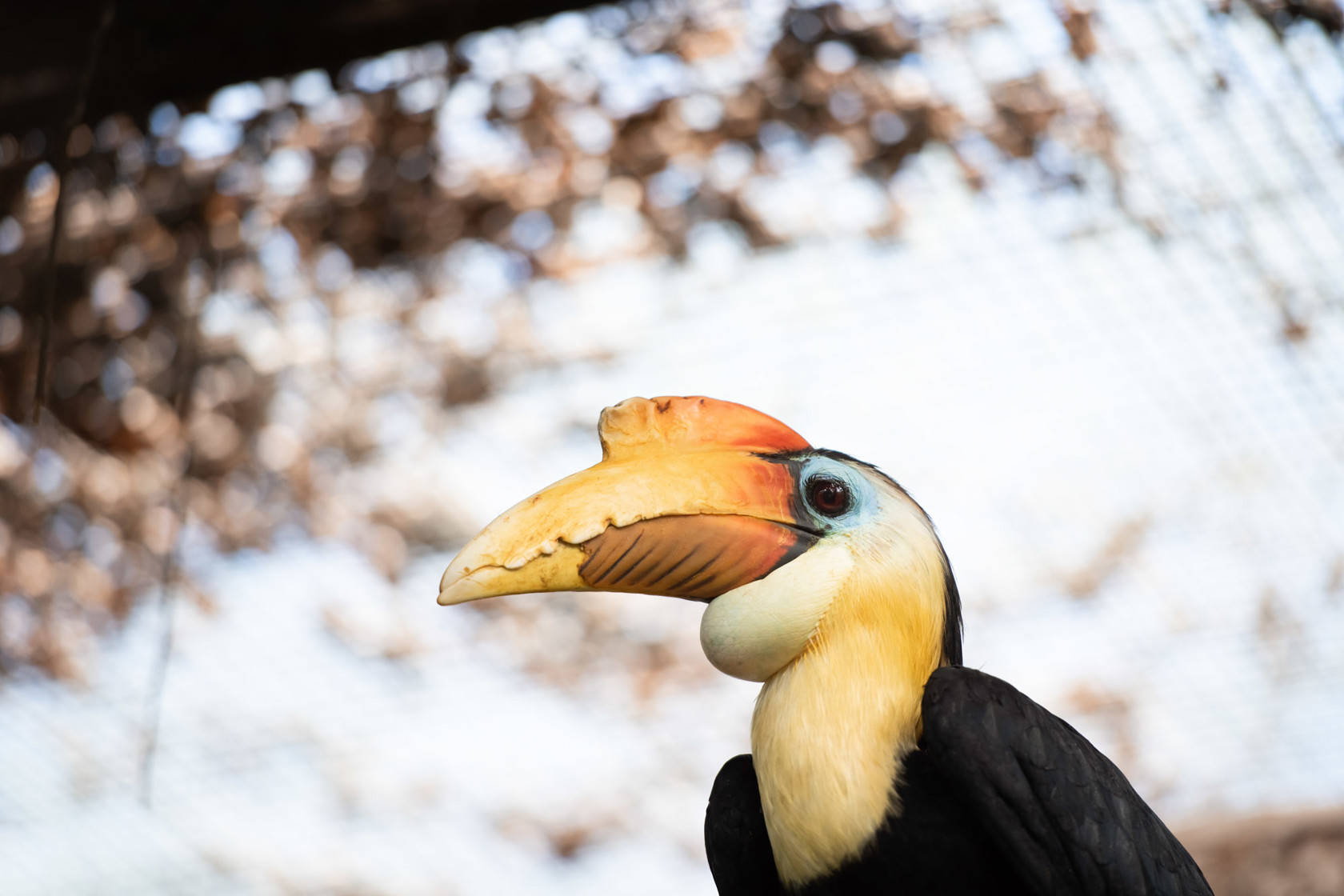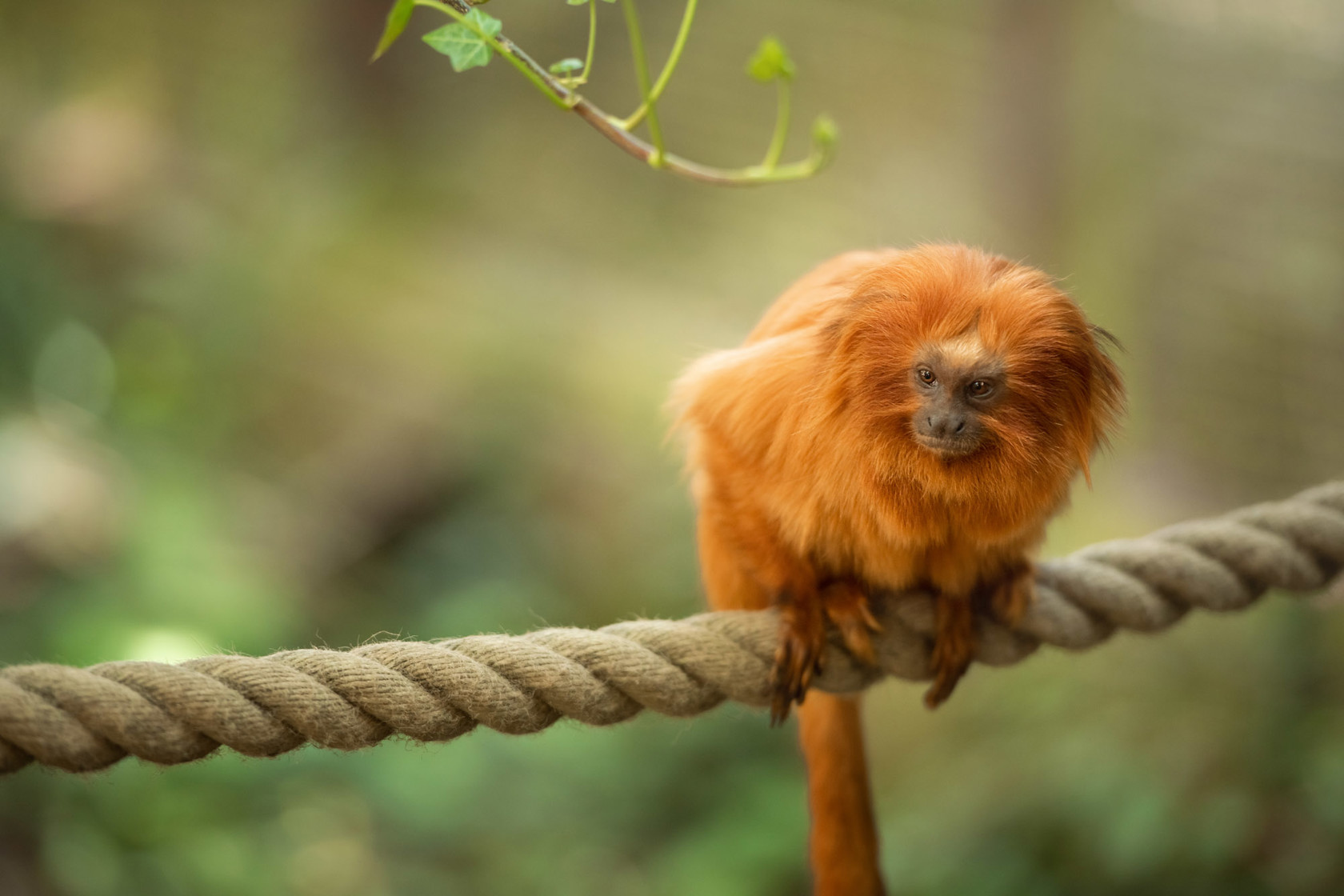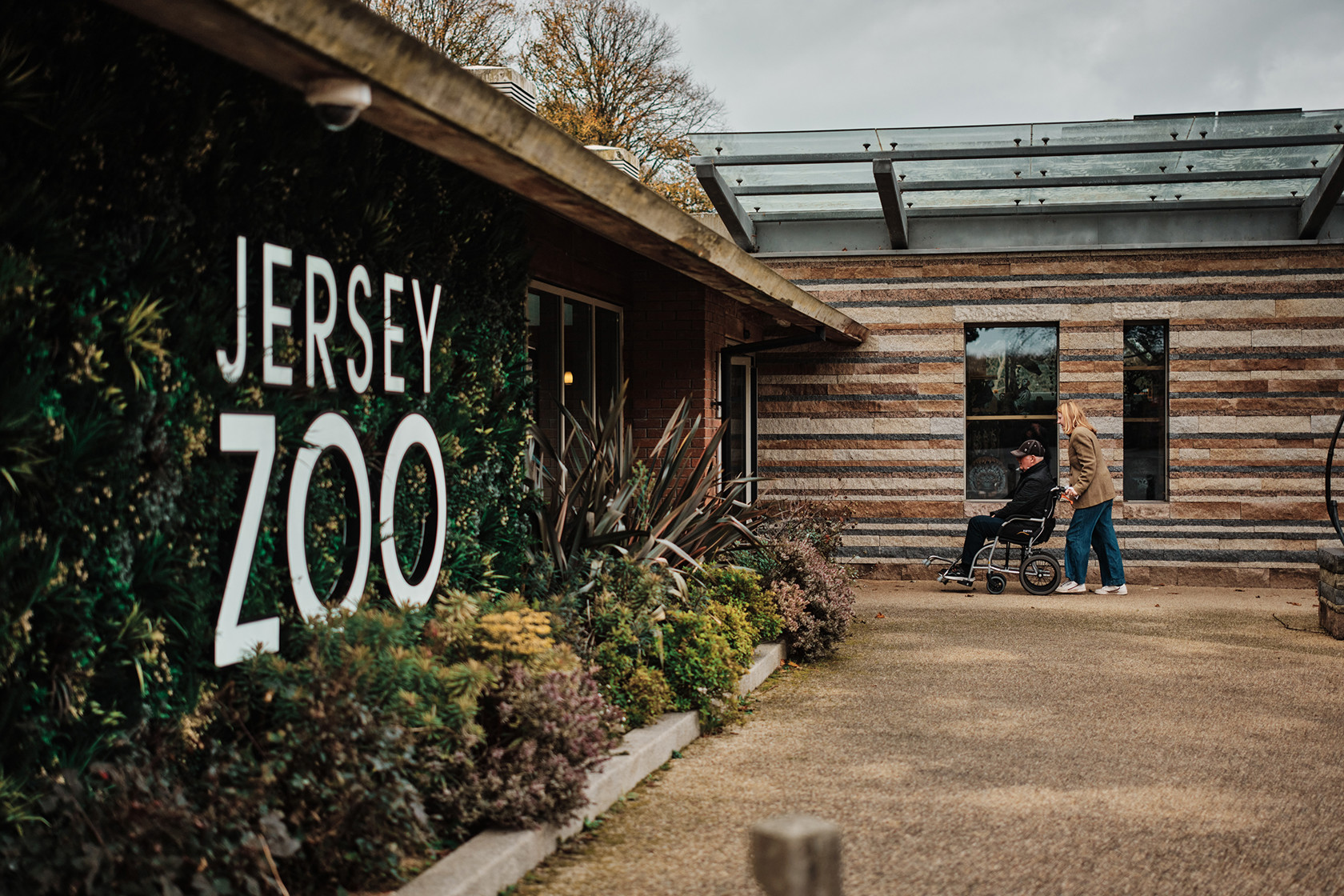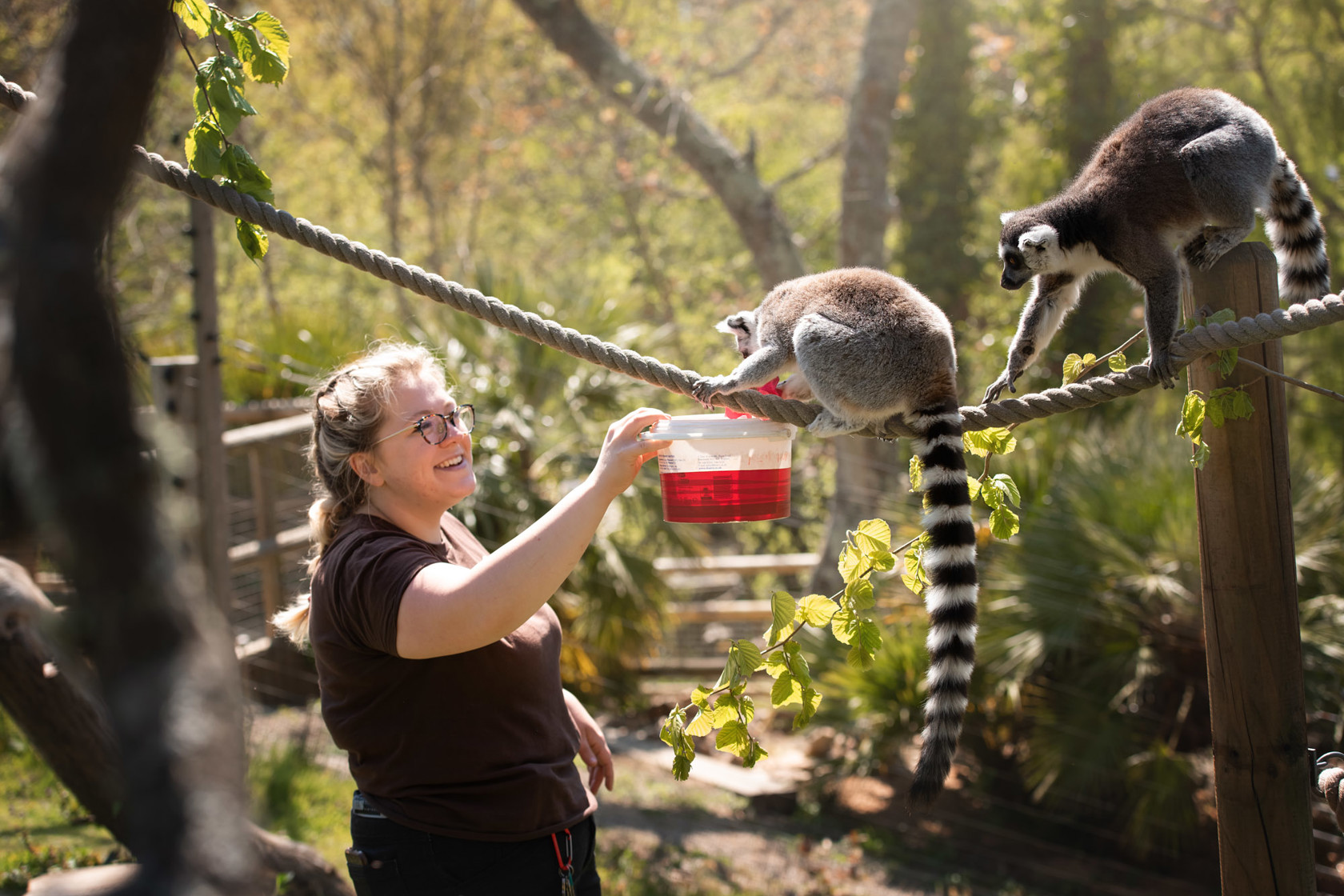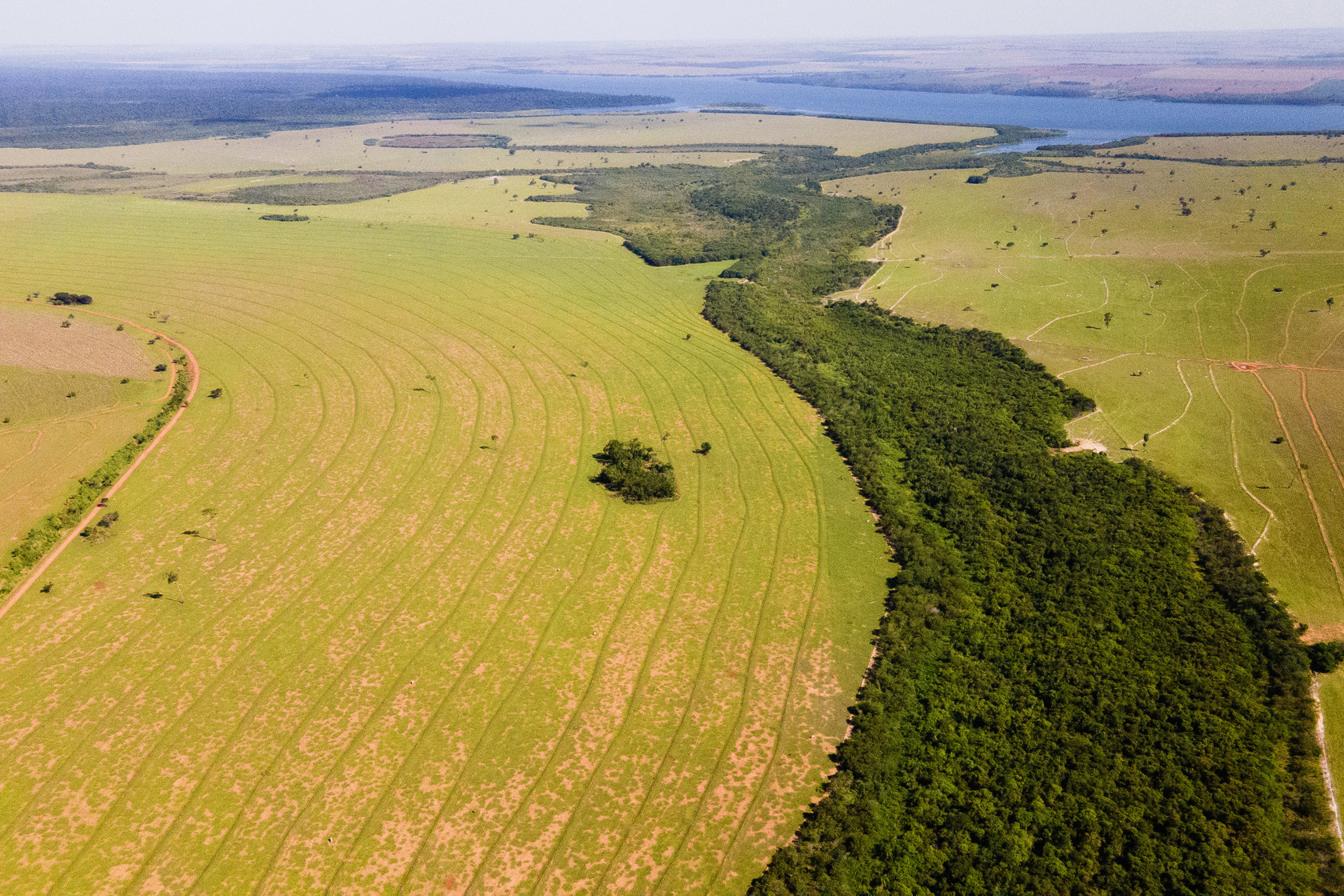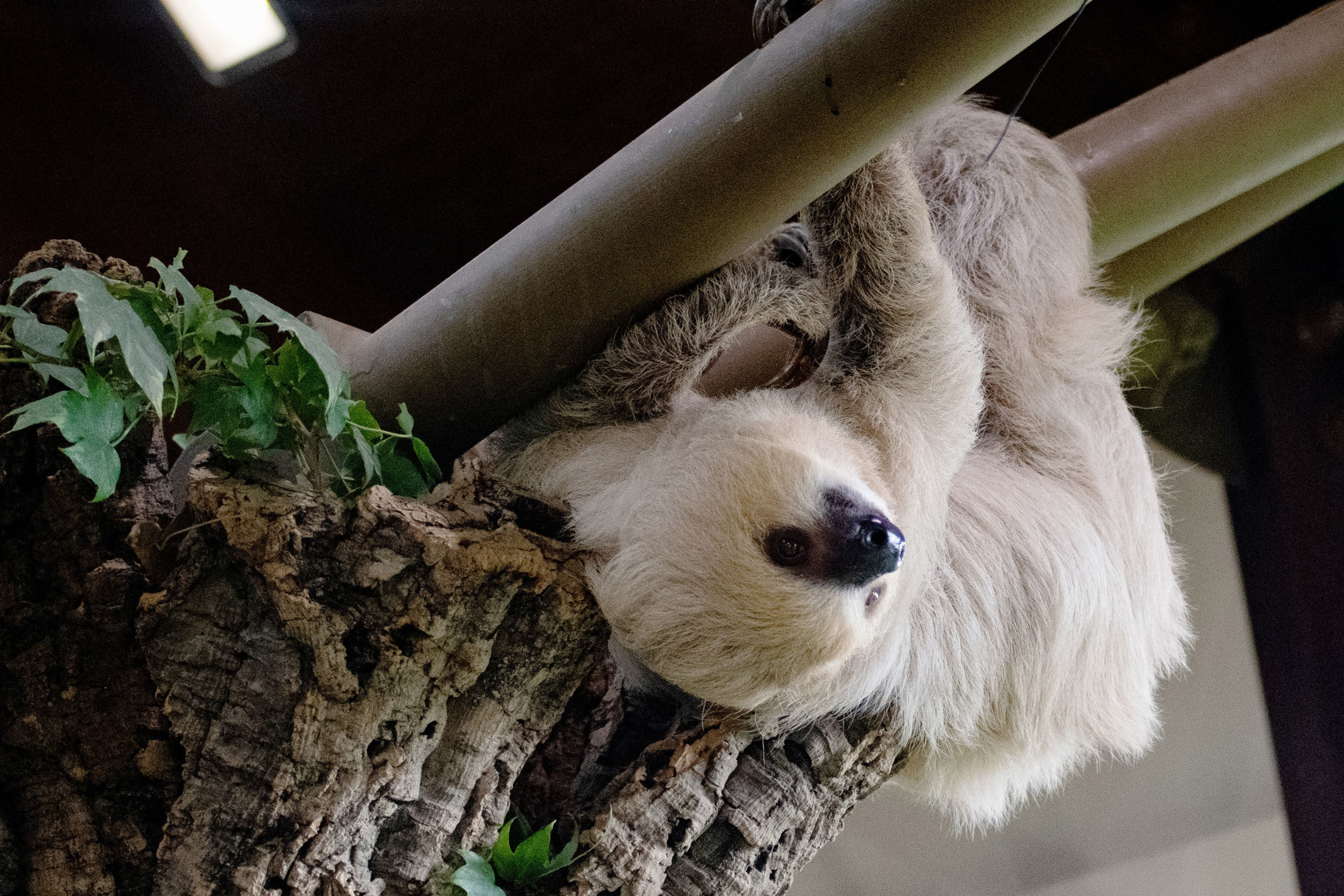DESMAN students inspire hope for nature
Friday 13 June 2025
Conservation officer Dr Andrew Heaver reflects on the impressive work done by Durrell’s ‘DESMAN’ trainees
It’s no secret that I think our Durrell Endangered Species Management (DESMAN) trainees are an impressive bunch. They are a small but extremely promising assortment of conservation professionals from around the world undertaking a 12-week training course at the Durrell Academy. The course helps them learn key skills for effective conservation work - ranging from how to finance conservation projects and lead teams, to how to help children and adults engage positively with nature.
Each of them, before they even get here, has shown enormous promise in their conservation careers - and an astonishing degree of commitment (travelling halfway around the world, to spend quarter of a year on an incredibly intensive course of training, is not a light undertaking).
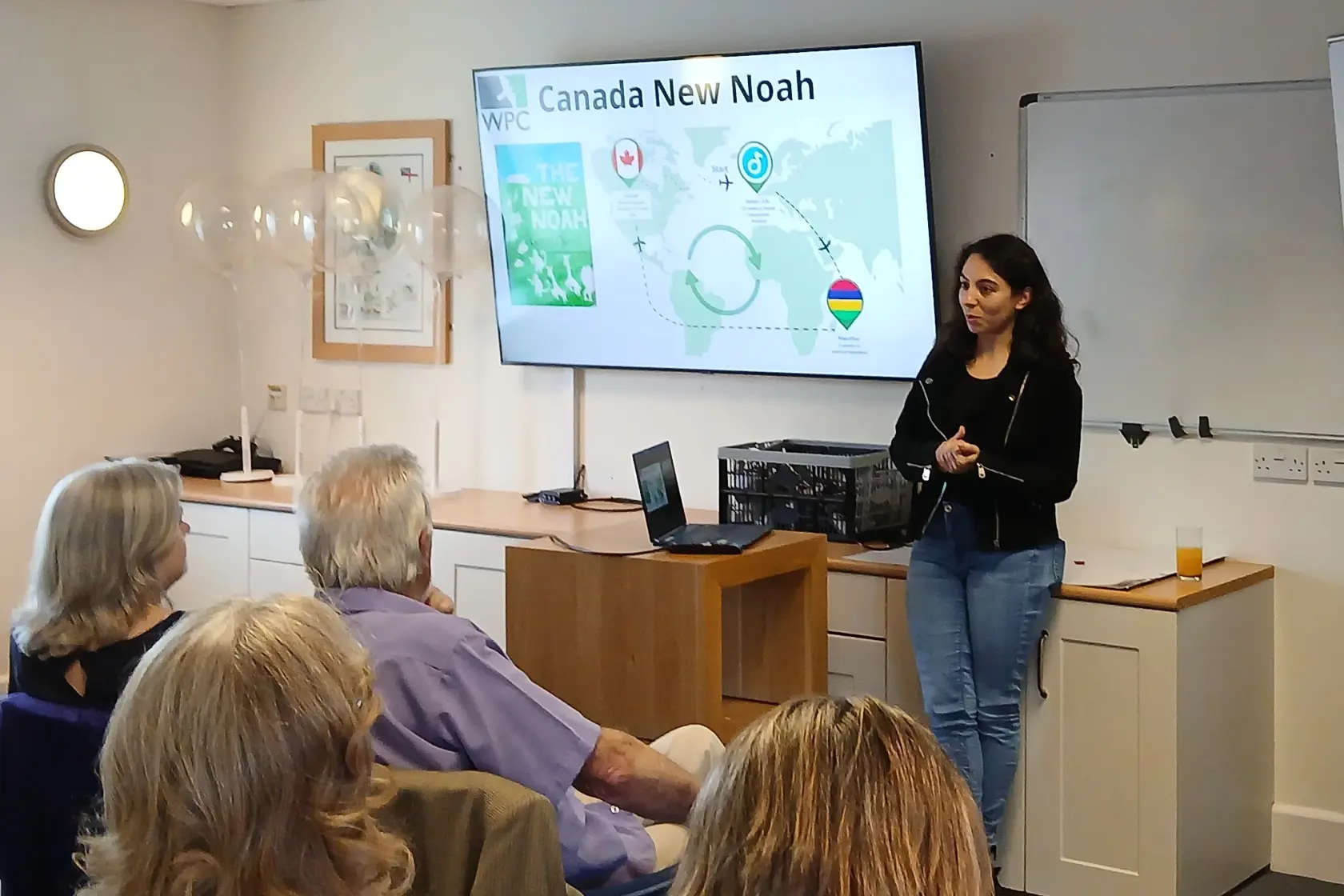
But it’s not just me that thinks they’re the bee’s knees: they made quite an impact at a special event hosted by the Royal Commonwealth Society (Jersey Branch).
The 2025 DESMAN class was invited by the Royal Commonwealth Society (RCS) to a “bon voyage” dinner at the St Helier Yacht Club – something which has become a well-established tradition, each year.
Part of that tradition is that, before dinner, two or three of the students give brief speeches to the society’s members about the work they’re doing to save the wildlife of their home countries, and about what they’ve gained from the DESMAN course. This year, Mariel (from Canada), Devon (from Anguilla), and Joshel (from Antigua) stepped up to the podium, and to say they impressed their audience would be an understatement.
Mariel spoke eloquently about her work to help give people access to nature - especially people from backgrounds that environmental organisations often fail to fully engage. She also described her next steps: as one of Wildlife Preservation Canada’s “New Noah” trainees, she will soon be heading to Mauritius, where she’ll spend a few months gaining field experience on a range of Mauritian conservation projects.
Devon told the story of his home island, Anguilla – a UK Overseas Territory in the heart of the Caribbean, which is home to a bountiful treasure trove of nature (including 600 species of plants; 135 species of bird; multiple varieties of coral, and 21 species of reptile). After luring his audience in with a series of beguiling and beautiful images of this tropical paradise, Devon then explained the deep trouble that its wildlife is now in – and what he and his employers The Anguilla National Trust are doing to save the island’s unique species from extinction.
Finally, Joshel told the spellbound RCS members of his work with the imperilled sharks, snakes and lizards of Antigua (another beautiful but threatened biodiversity hotspot in the Caribbean). He spoke with passion and love about the Antiguan racer – a Critically Endangered snake that could once be found across the whole of Antigua and Barbuda, but which now clings on in just a few offshore islands. The RCS members seemed to be particularly struck by his devotion to creatures that many would struggle to admire.
Each of the students also commented very positively about what they’d learned here at the Conservation Academy, with several specifically mentioning the ‘soft skills’ they’d developed during the Facilitation and Communication Skills mini course, which Dan Craven led this year.
It was abundantly clear from the subsequent applause, questions and comments, that the RCS audience was mightily impressed by these exceptional young conservationists and I certainly felt very proud of them.
In a challenging world, where the needs of nature are so frequently bull-dozed by other pressures, it should give us all hope that there are such talented and determined people stepping out into that difficult world, to do what they can to save its natural treasures.
Our responsibility, here at the Conservation Academy, and amongst the whole network of Durrell staff who help with the DESMAN course in various different ways, is to ensure we continue to nurture that hope.

